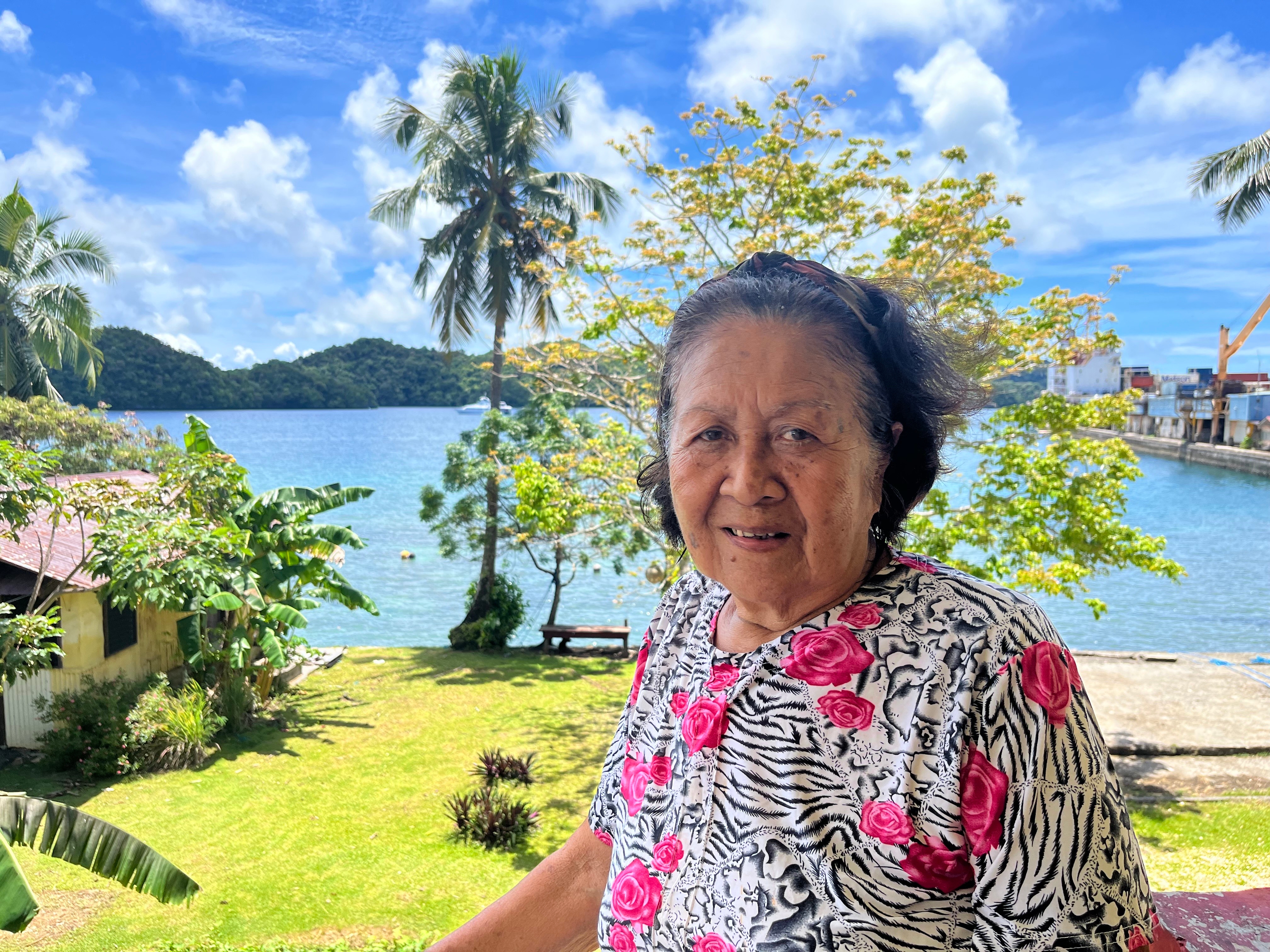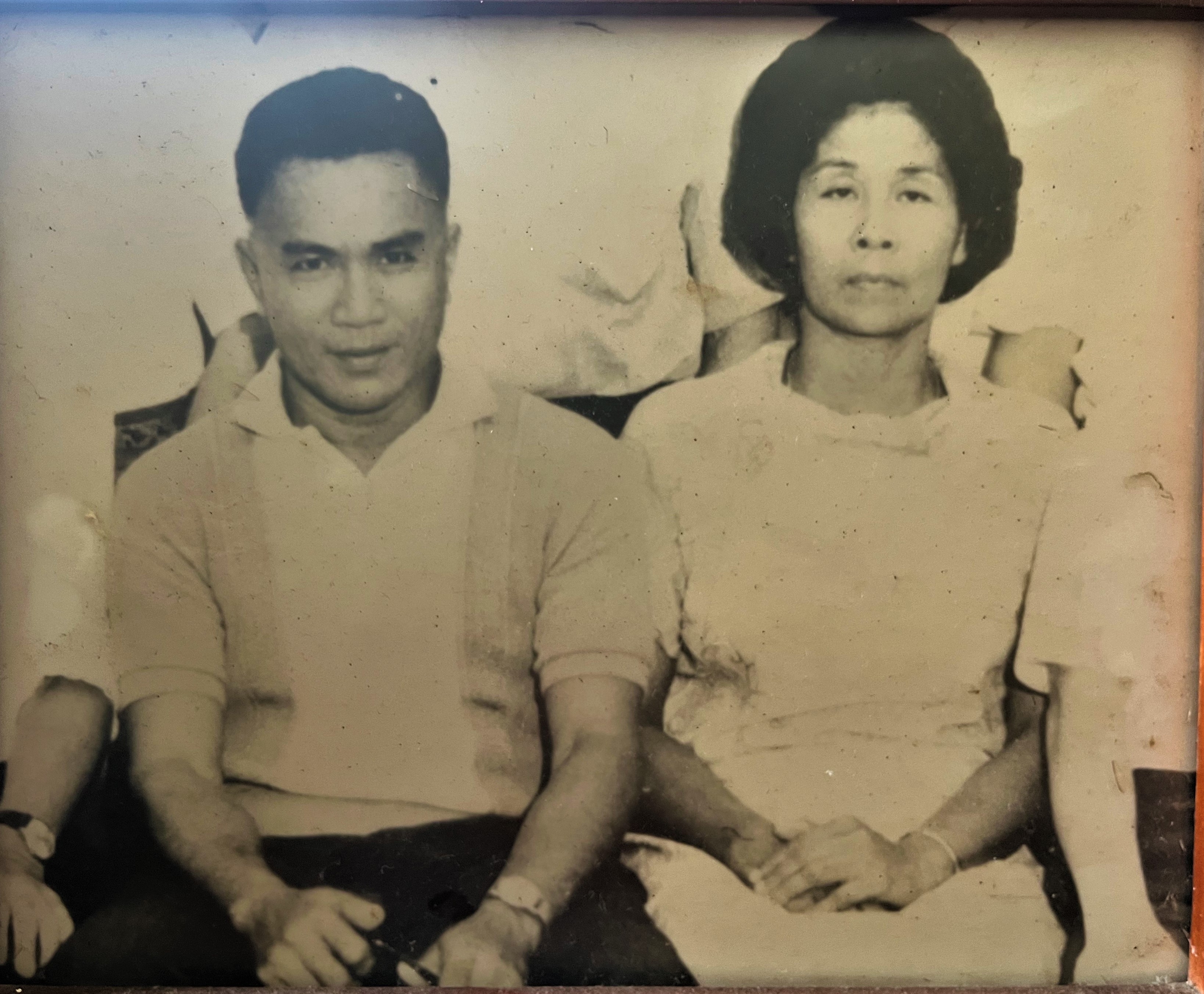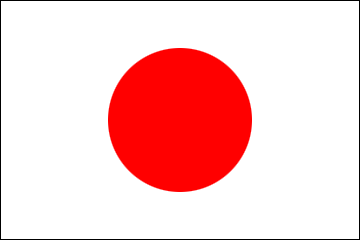~“Nikkei” in Palau~ Interview Series: Vol.# 27 Mrs. Ryoko G. Ngirutang
2025/5/22


Mrs. Ryoko G. Ngirtuang, known as “Piongk,” who will turn 80 years old in August of this year, is a Palauan of Japanese descent, “Nikkei.” Both of her parents are Palauan - Japanese. Her father is former Ucherbelau Mr. Masao Endo Gulibert. Mr. Masao’s father emigrated to Angaur to work for the Japanese Phosphate Mining Company (Rinko Kaihatsu Kaisha.) Mrs. Ngirutang’s mother is Ms. Haruko Akitaya. Ms. Haruko’s father is from Yokosuka, Japan and was an officer in the Japanese military. Mrs. Ngirutang has five sisters and four brothers. She has been blessed with three sons, three daughters, nine grandchildren and five great grandchildren.
Mrs. Ngirutang attended Angaur Elementary School and later Mindszenty High School. At the time, the school system only went up to the ninth grade. When she moved to Saipan, she continued her education at Mt. Carmel High School. After graduating, she returned home to Palau and became a teacher at Mindszenty High School. Together with her late husband, Mr. Temol Ngirutang, she started a small retail business in Malakal, Koror. That business is still operating to this day.
Her parents often traveled to Japan to visit their siblings. Once in a while, their uncles and aunts from Japan would visit them in Palau. In 2001, Mrs. Ngirutang had the opportunity to travel to Japan with her cousin Ms. Ebil Inabo, who is also Palauan-Japanese. The two cousins, along with their uncle Mr. Mathias Toshiwo Akitaya, traveled to Yokohama and Yokosuka. Mr. Akitaya spoke Japanese fluently so he would interpret for Mrs. Ngirutang and Ms. Ebil.
They visited relatives who were half-siblings of both her mother and Ebil’s mother. Alongside her uncle and cousin, Mrs. Ngirutang visited a ship museum in Yokosuka, strolled through cherry blossom parks, walked along street markets, and attended many festivals (matsuri) with their relatives. They stayed in their relatives’ homes and enjoyed lots of authentic Japanese food. Their relatives in Japan were so welcoming that they insisted the trio stay with them instead of going to a hotel. Mrs. Ngirutang recalls that the day they returned to Palau was a very sad moment.
Mrs. Ngirutang fondly remembers that throughout her childhood, her family had many Japanese friends who worked at the phosphate mine in Angaur. Most families in Angaur, including her parents, spoke Japanese fluently and could also read and write in Japanese. At the time, the primary languages in Angaur were Japanese and Palauan. Her parents even spoke to each other in Japanese at home.
By the time Mrs. Ngirutang was old enough to attend school, Palau was no longer under Japanese administration, so she and her classmates were taught English in school rather than following the Japanese curriculum.
“There was a lot of Japanese influence from the time when I was growing up,” says Mrs. Ngirutang. “My parents cooked Japanese and Palauan food. Japanese dishes such as udon, nitsuke, misojiru, and osiruko were dishes we often ate.” To this day, Mrs. Ngirutang still cooks her mother’s recipes for her children and siblings.
Mrs. Ngirutang is proud of her Japanese heritage. She loves Japanese culture and admires how kind and respectful the Japanese people are. She is grateful for the many contributions that Japan has made to Palau and hopes the two countries continue their bilateral friendship for many years to come.
